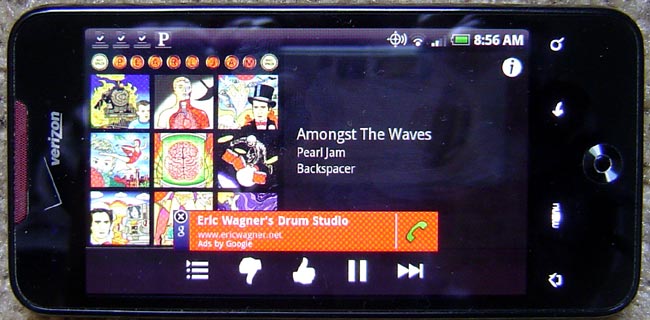Keeping Public Radio Public has a good one.
And the lame-stream press — how dare they be called the “liberal media”! — only parrot the script prepared by the puppet masters, as corporate “largesse” and control has turned the media into toothless old watchdogs. They make good company for the regulatory agencies once charged with protecting the public from the excesses of corporate greed. They’re good dogs now, too.
Exactly why independent media outlets are not just a nice feature of a democracy. If one were to read the entire constitution of the United States, a theme, loosely known as “checks and balances” becomes apparent. You could also call that theme “Trust Not.” I recommend anyone who is interested in freedom read the Federalist Papers. Even with the watered-down press, US Congress has a 9% (Rasmussen, April 2011) approval rating. Surely, the public understands that something is amiss and needs to be fixed.
While the internet and new media are great, it is too easy to mess with the internet. True independent media needs to have independent distribution, and not be beholden to corporate ISPs, search engines, data centers, and so forth. Radio fits that bill, to the extent that it is not broadcasting homogenized safe, automated, faceless music formats programmed from afar or content from The Borg-like collective of NPR. Independent radio still exists in small pockets scattered here and there. Where it exists, it often thrives in spite of corporate conglomerates.
Of course, consolidation has reduced the radio business to a shell of its former self. The FCC has no interest in reigning in those corporations, or, so it seems, enforcing many of its own existing regulations. Money talks, screw the public.
What is the answer? Get involved. Don’t buy into the lies. Use your God-given senses and do some research. Draw your own conclusions. Make noise. Confront the corporatists with the facts. Use every means possible to get the word out. Write your representative or senator (after you register to vote). Talk to co-workers, friends, family people on the street, etc. It’s time, in fact, it’s now or never.

